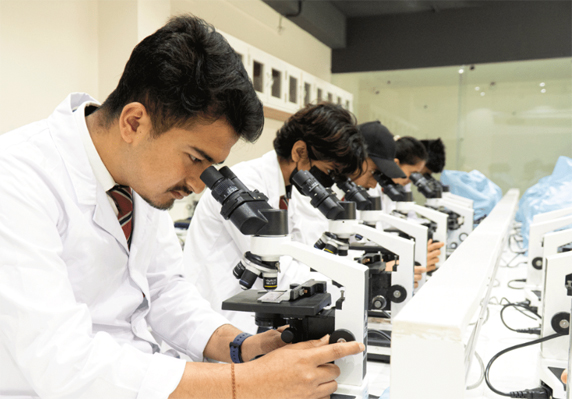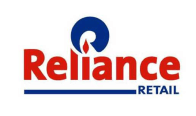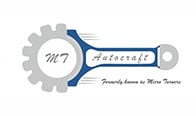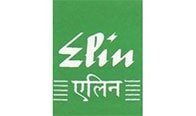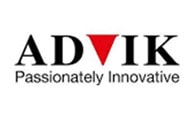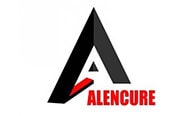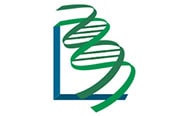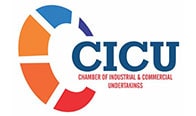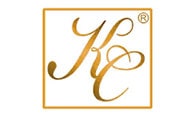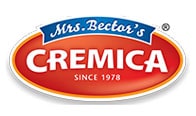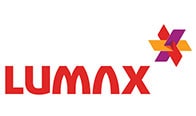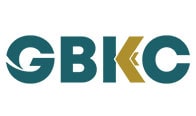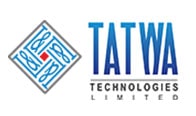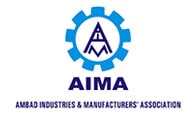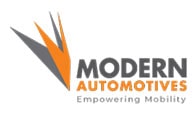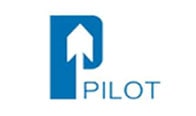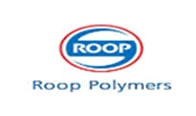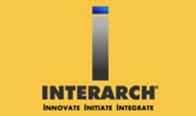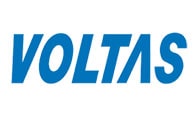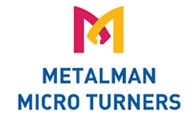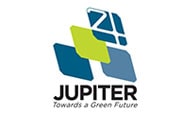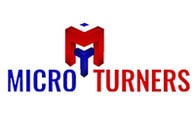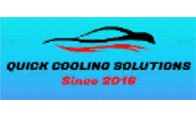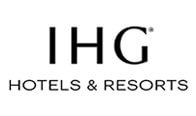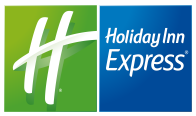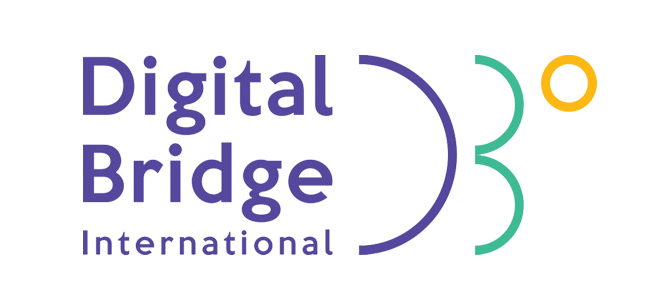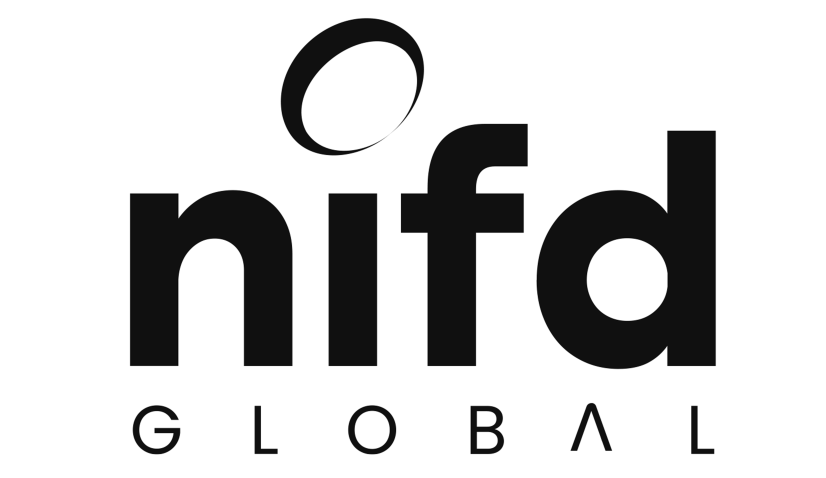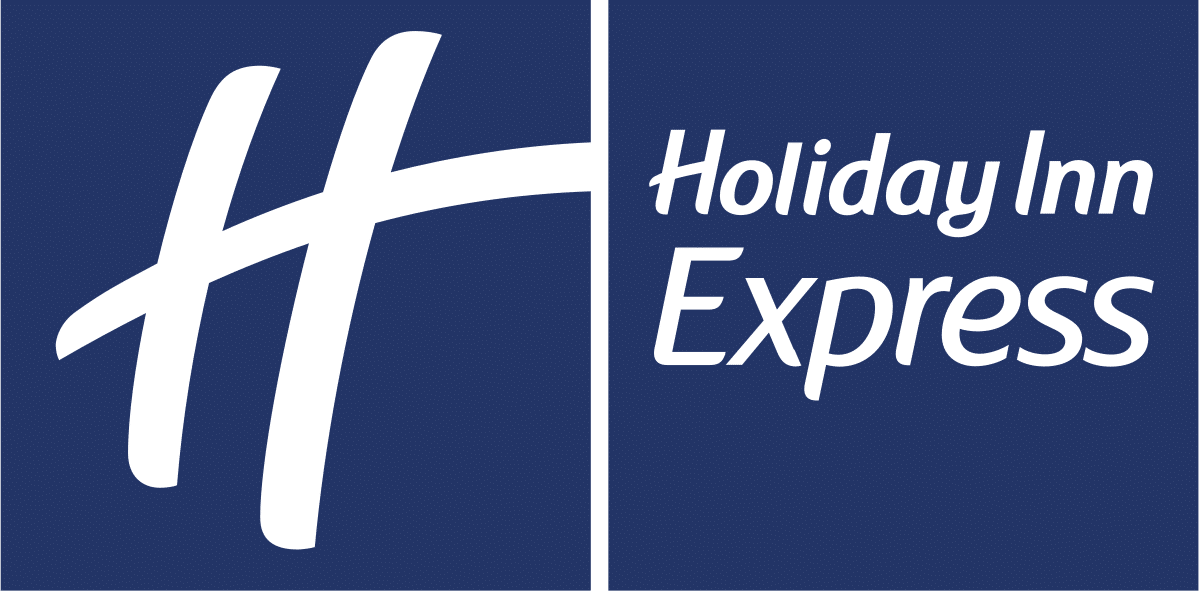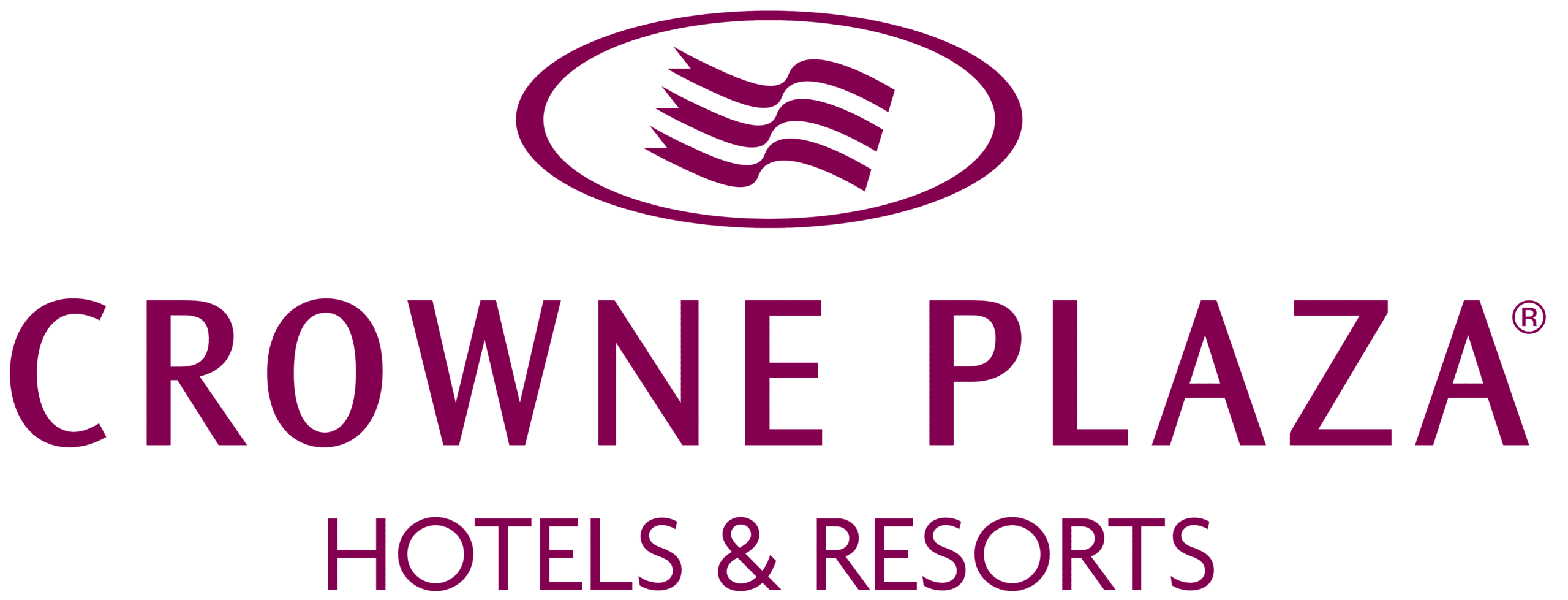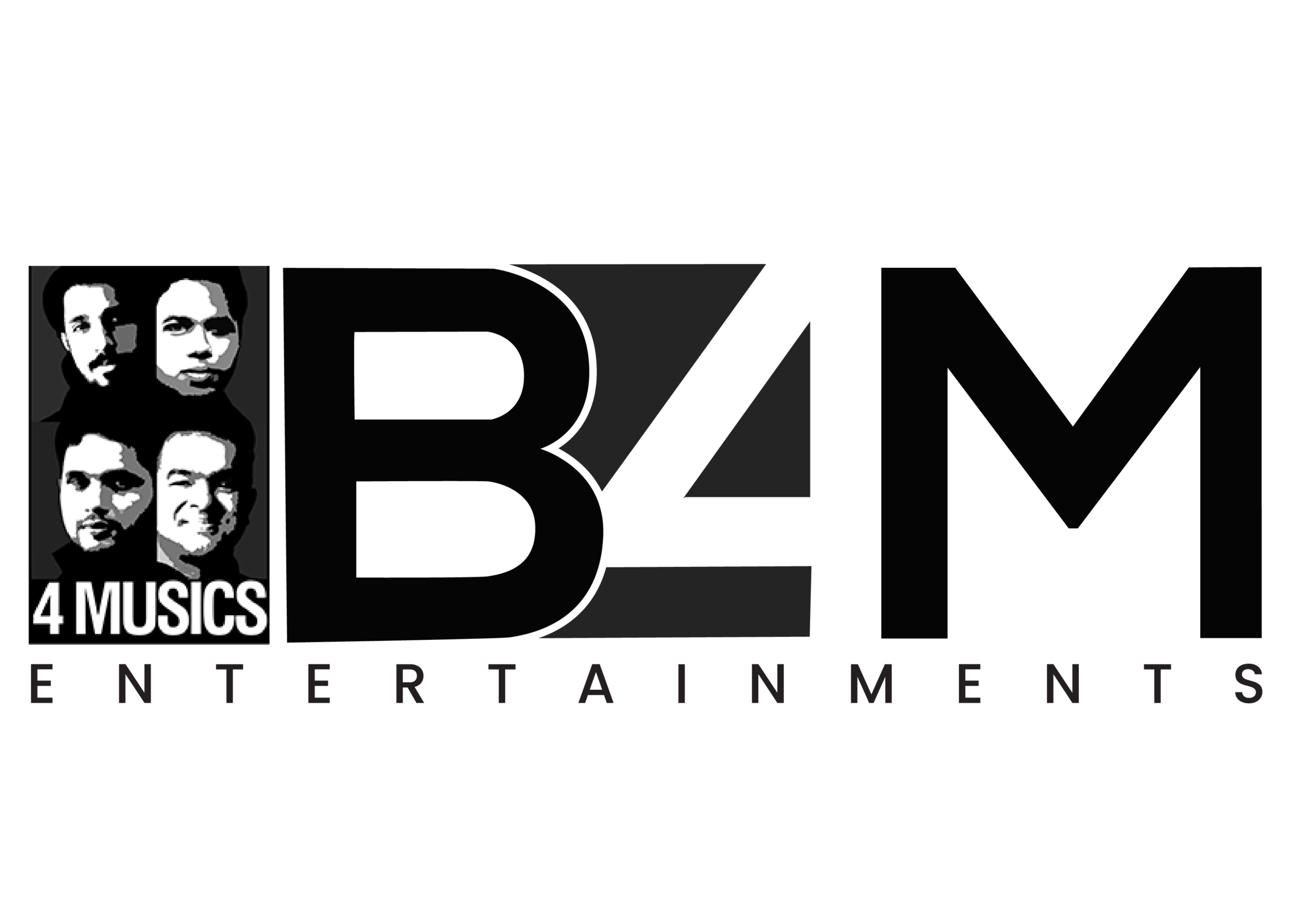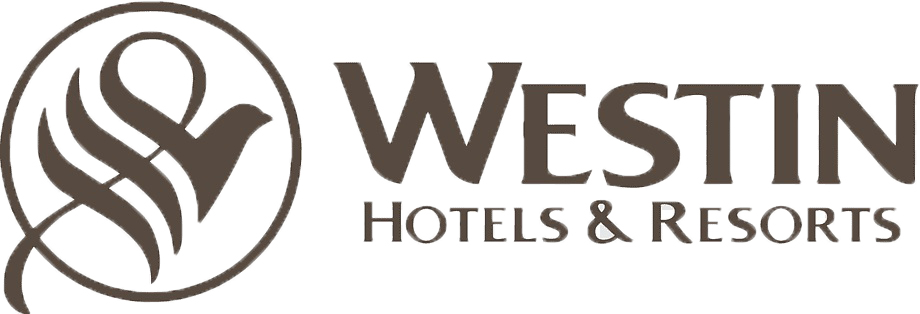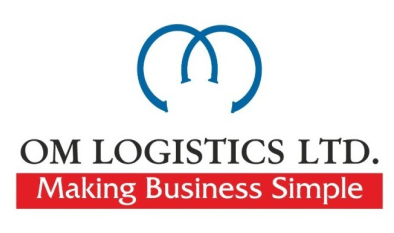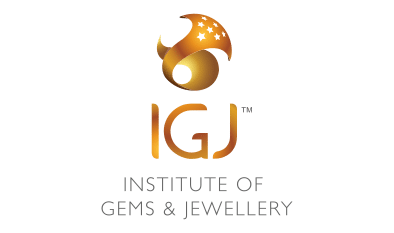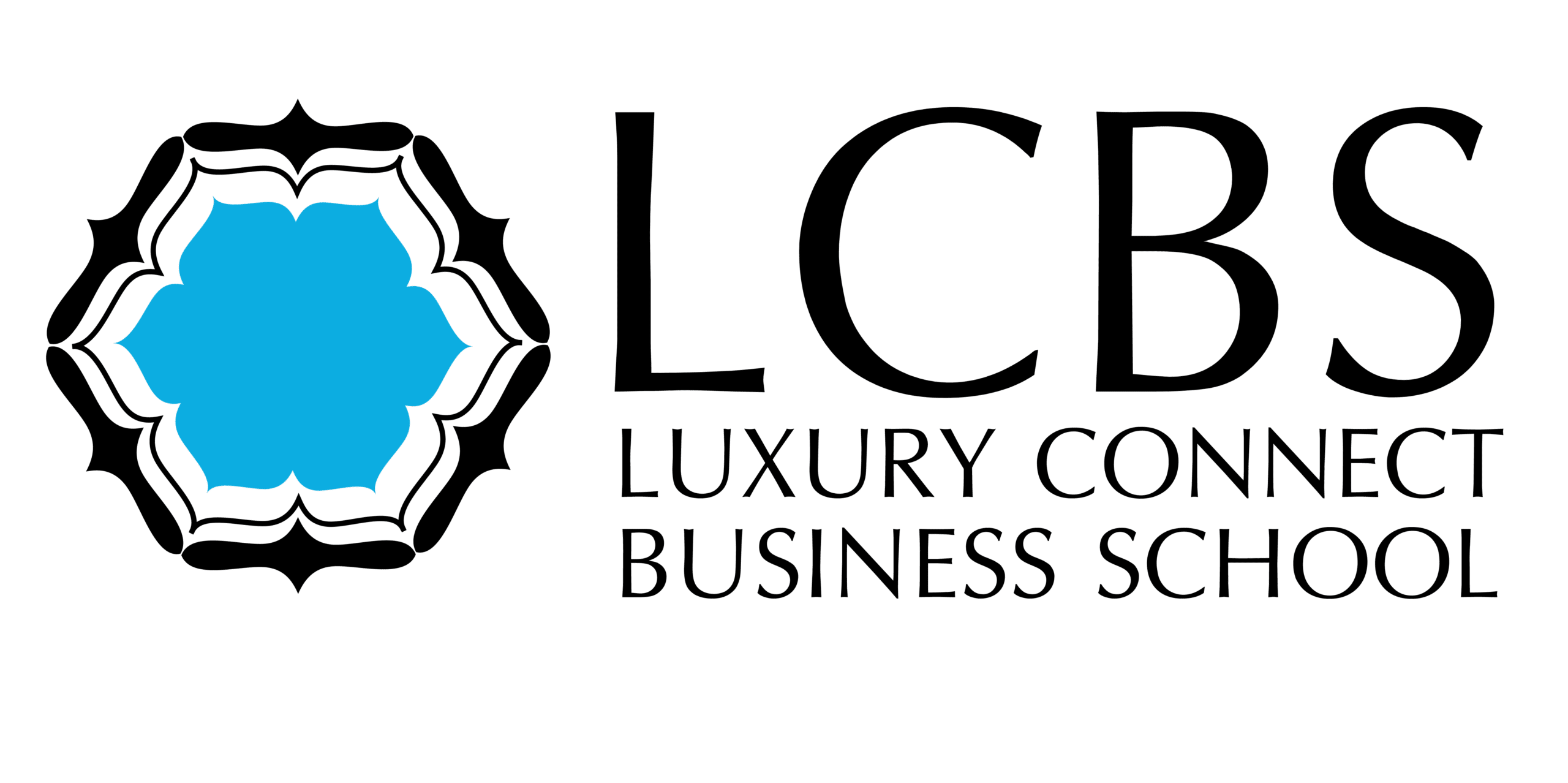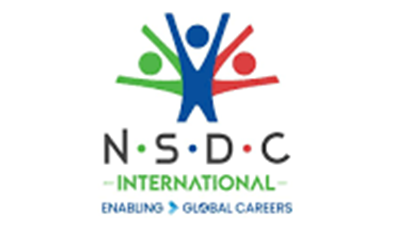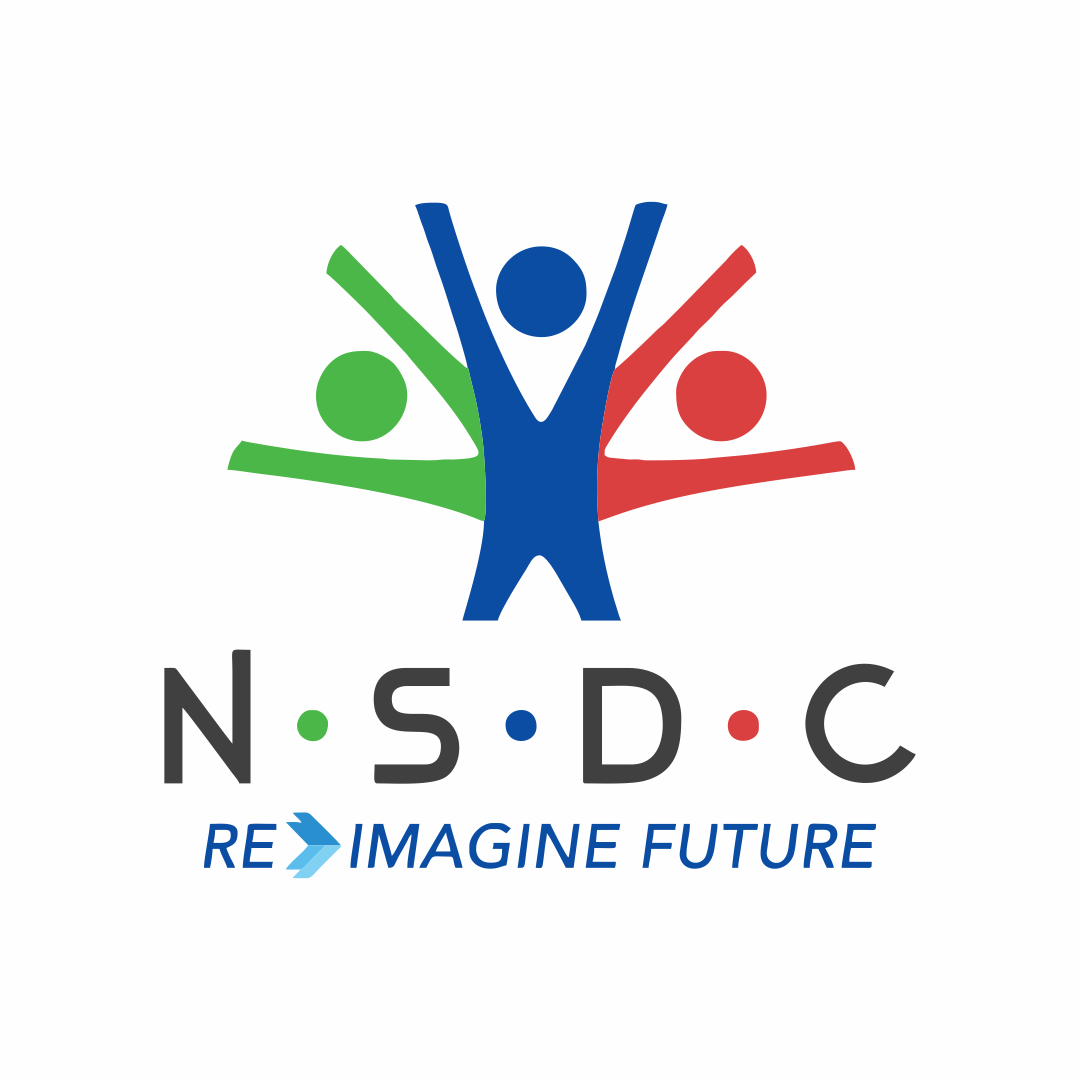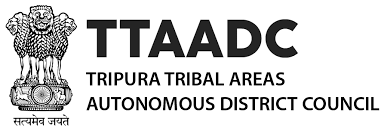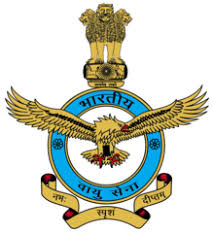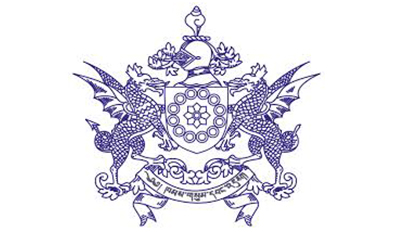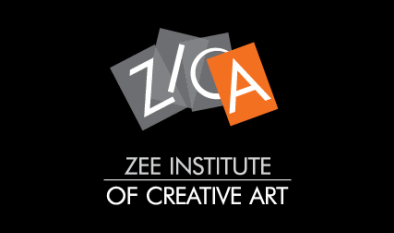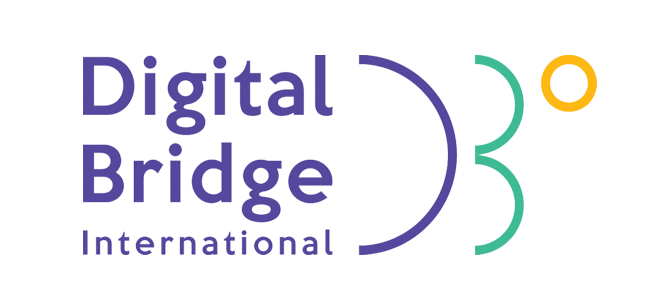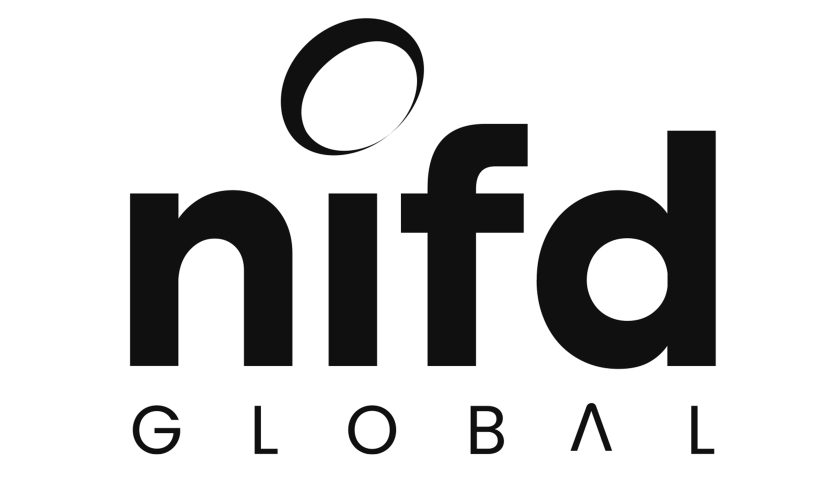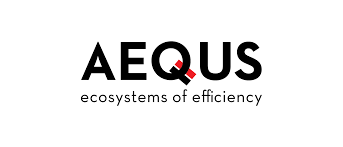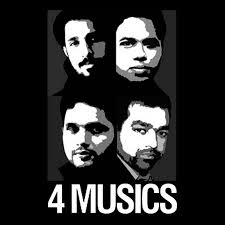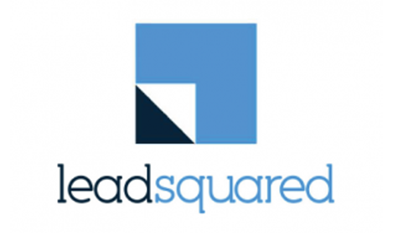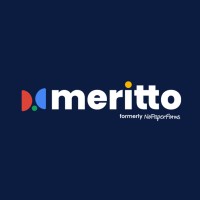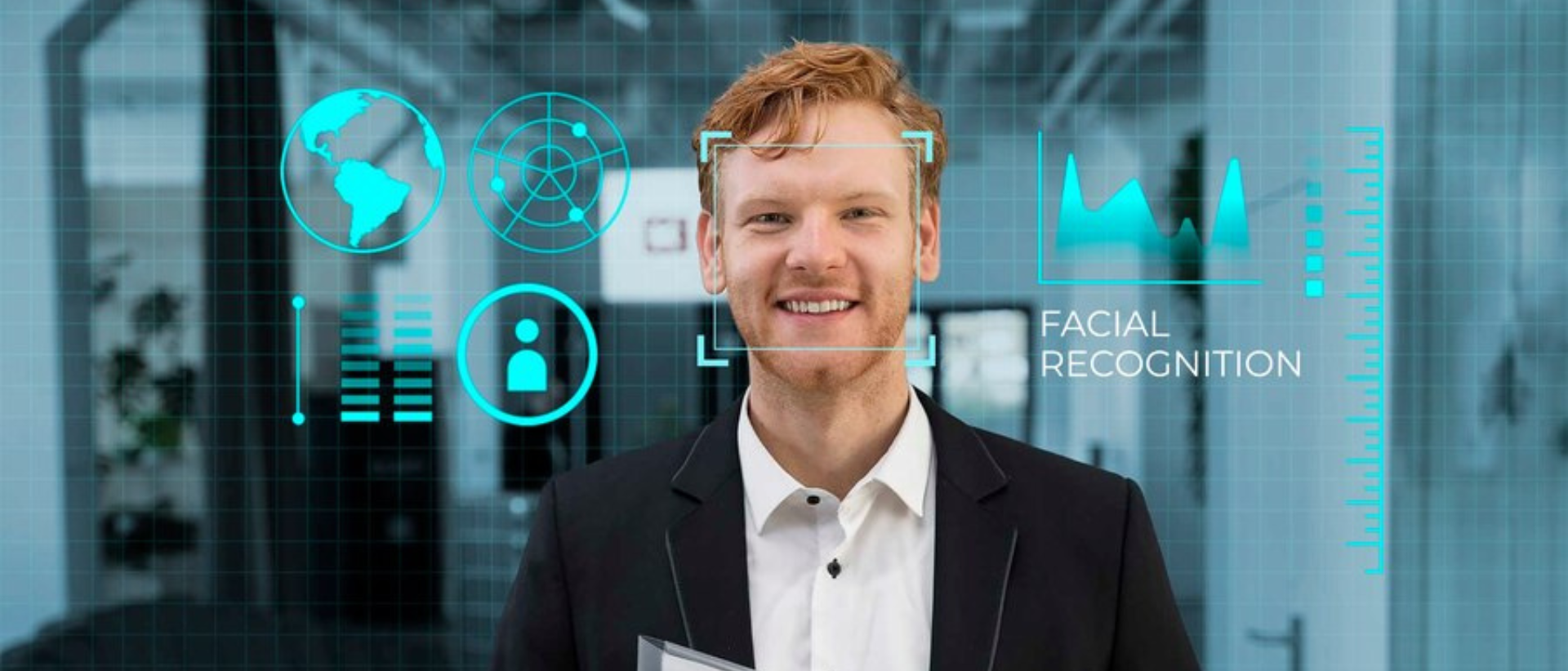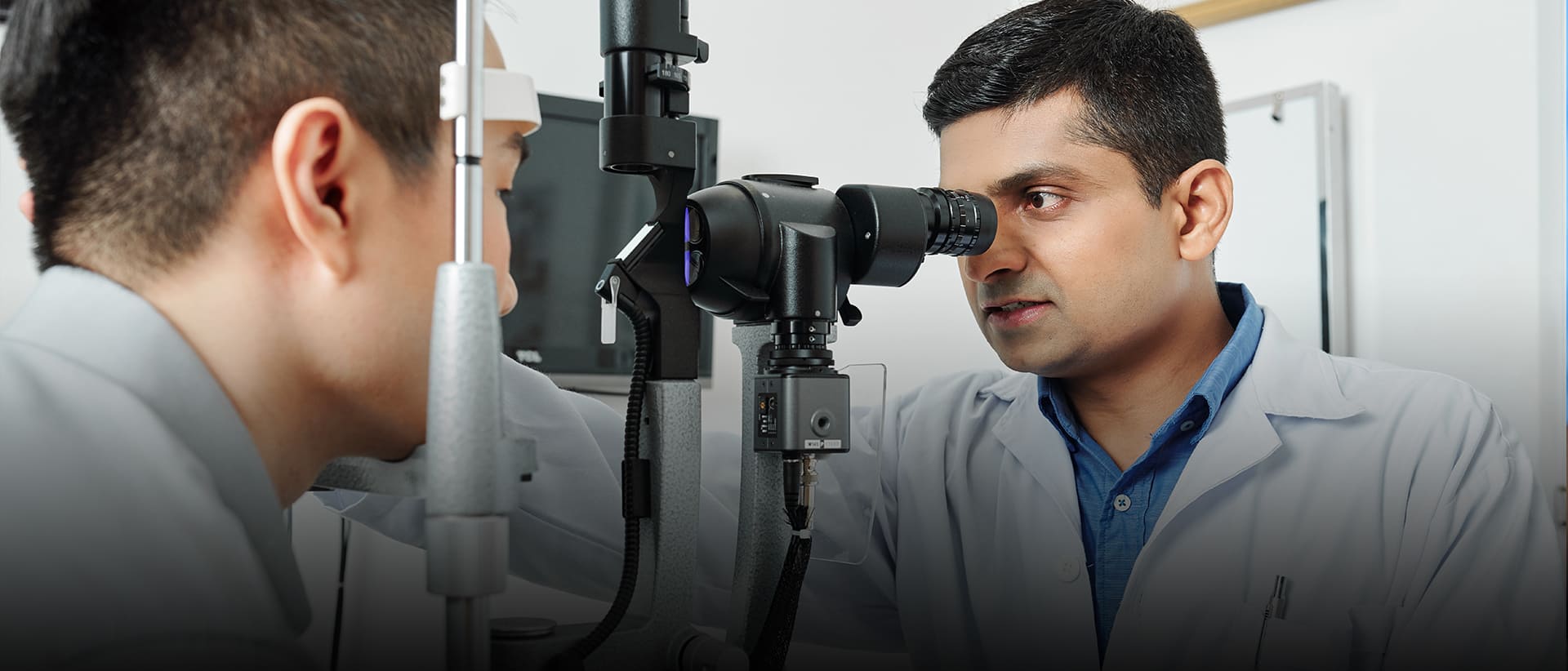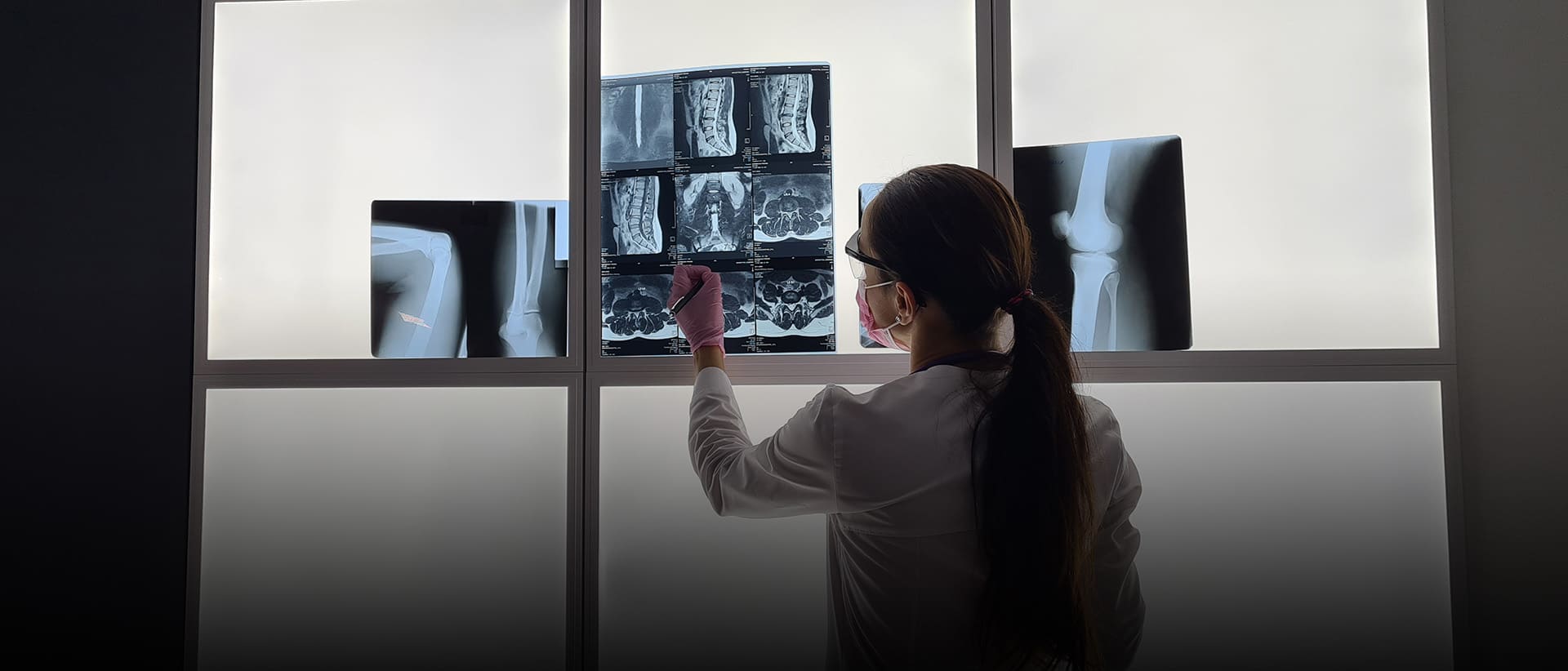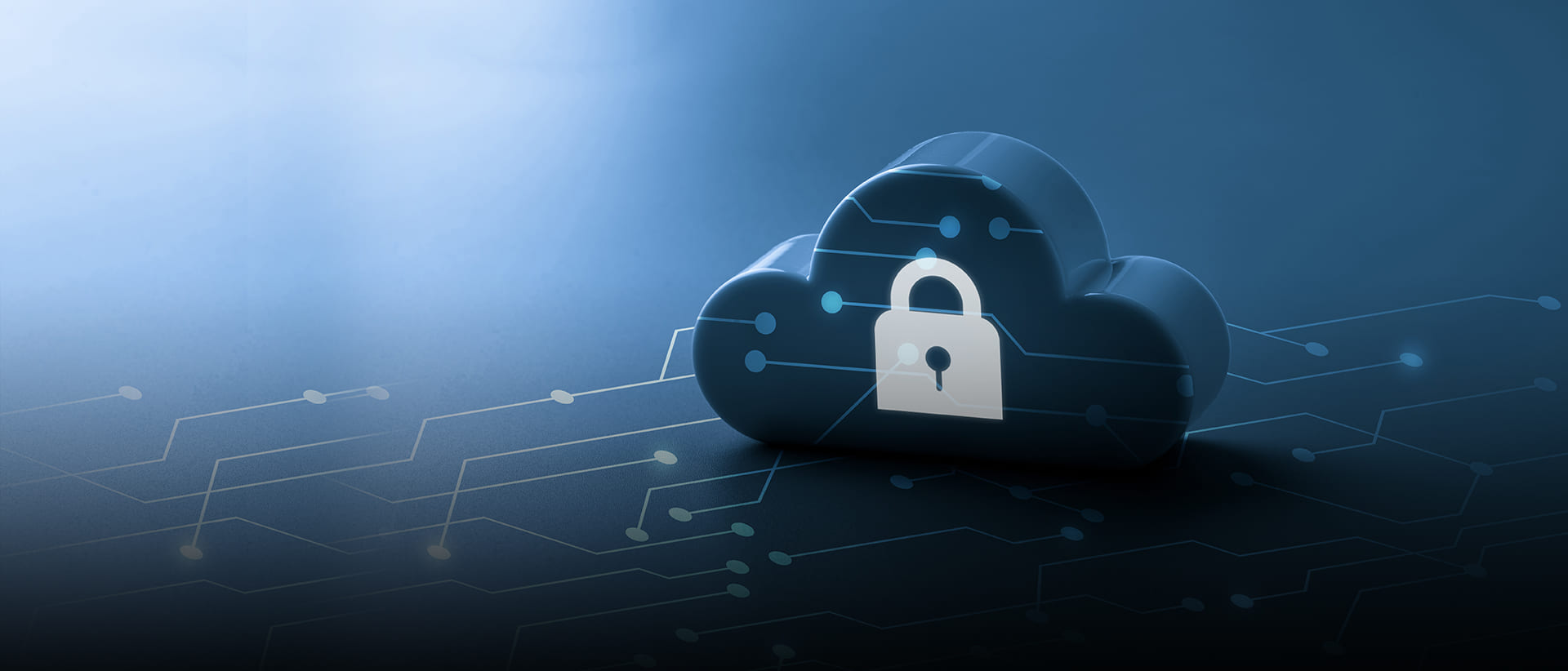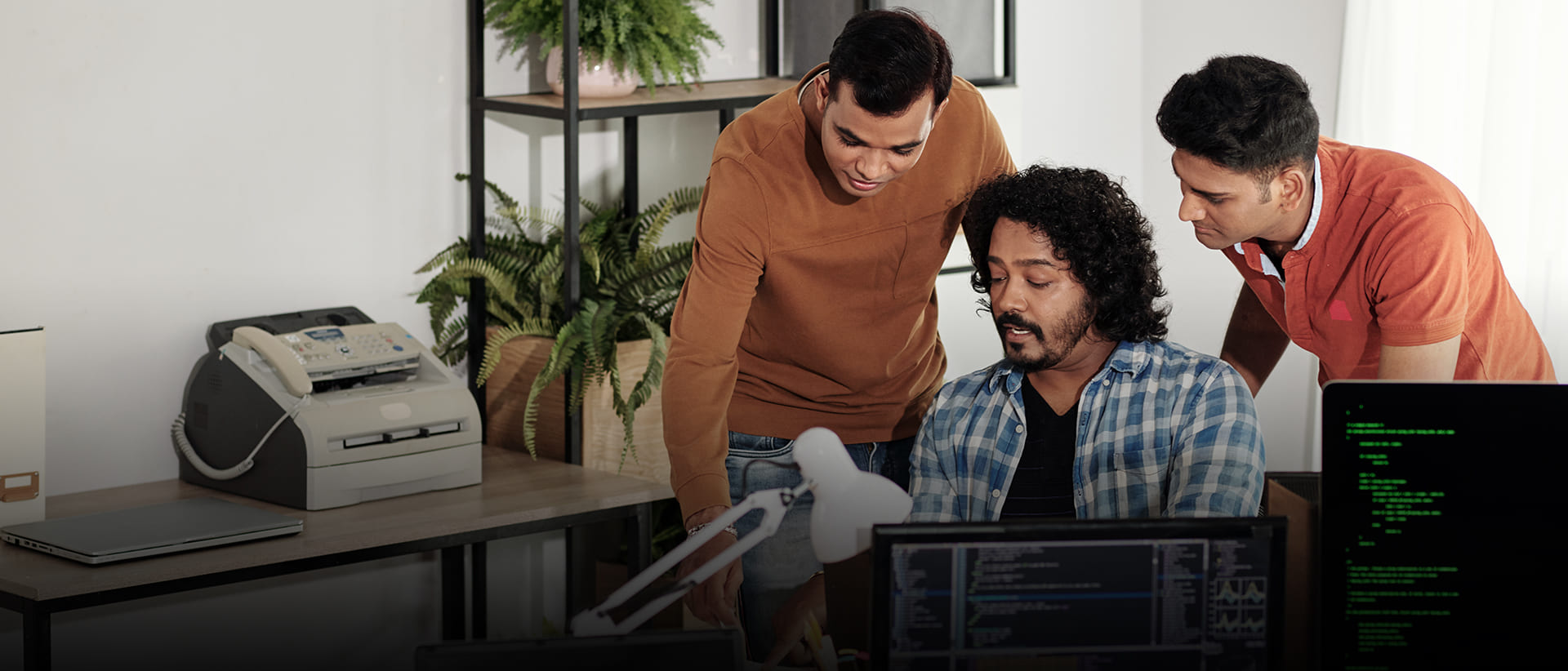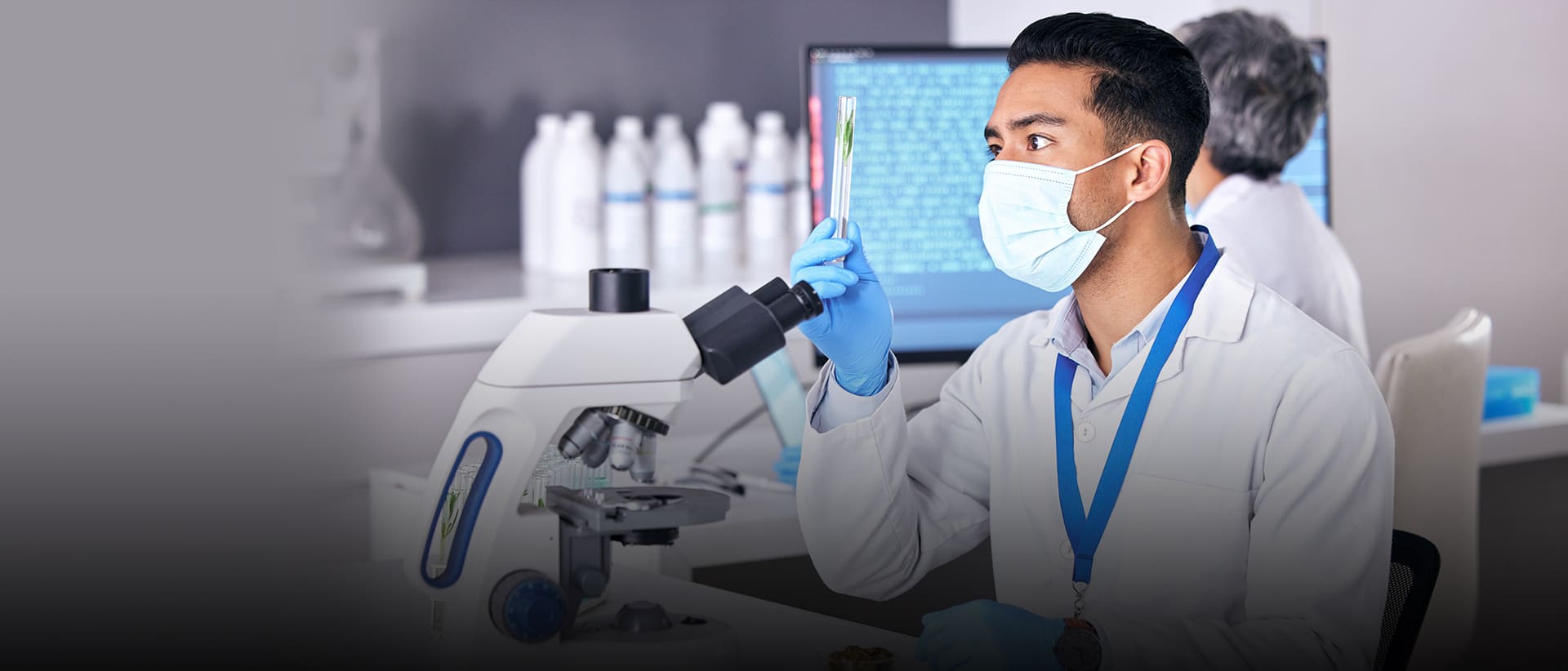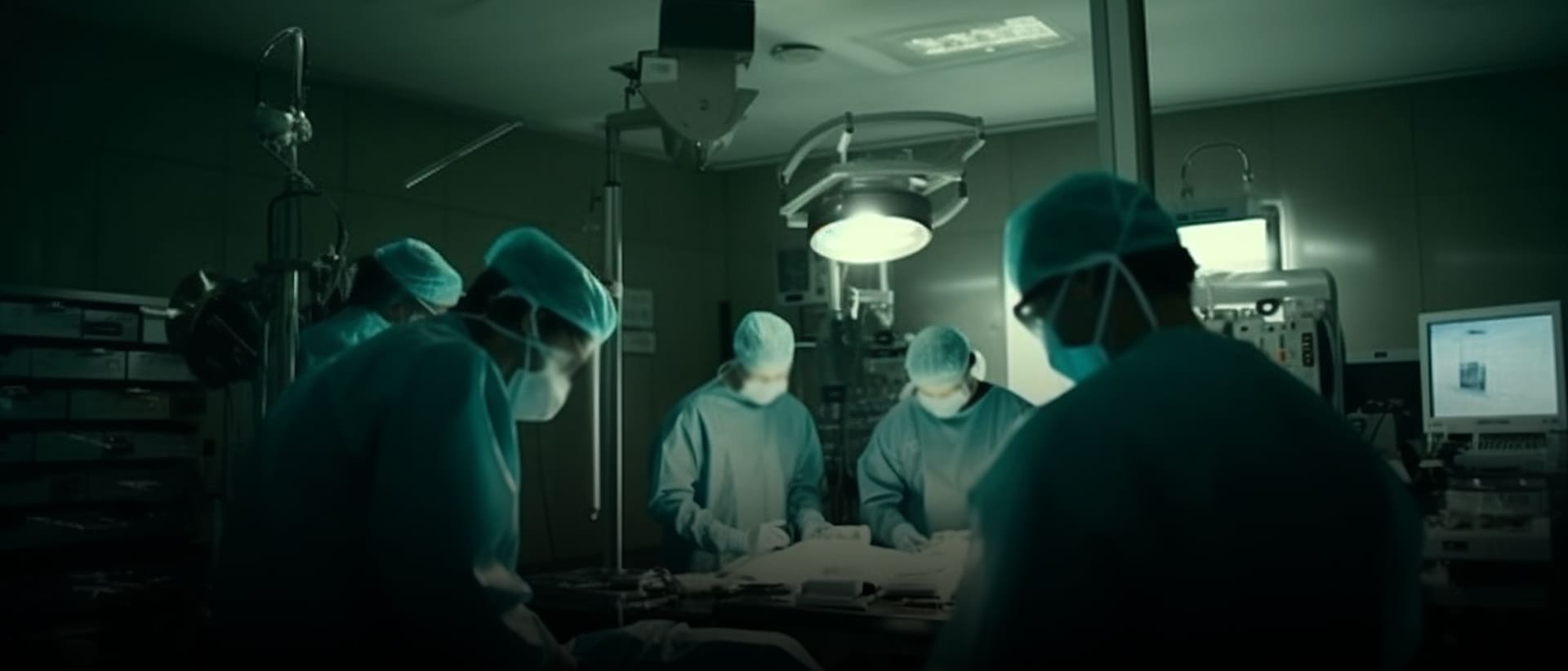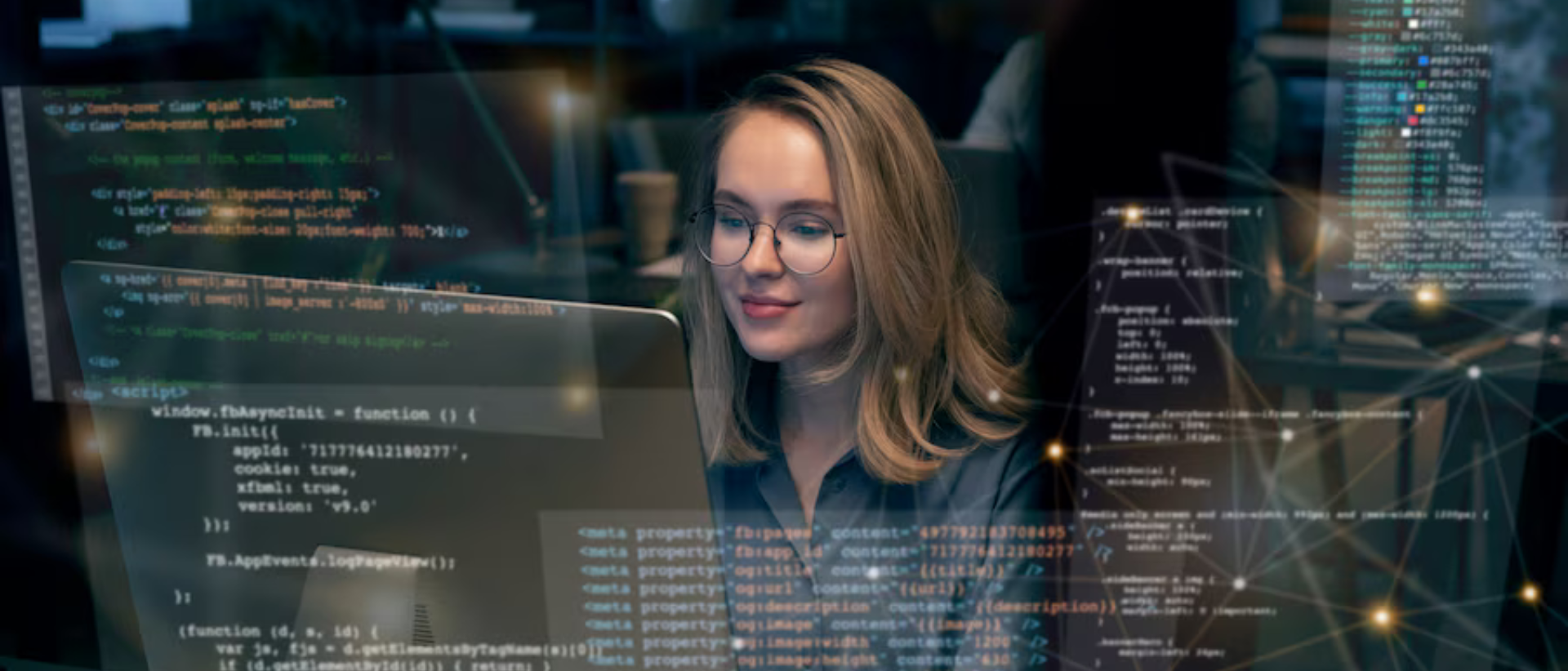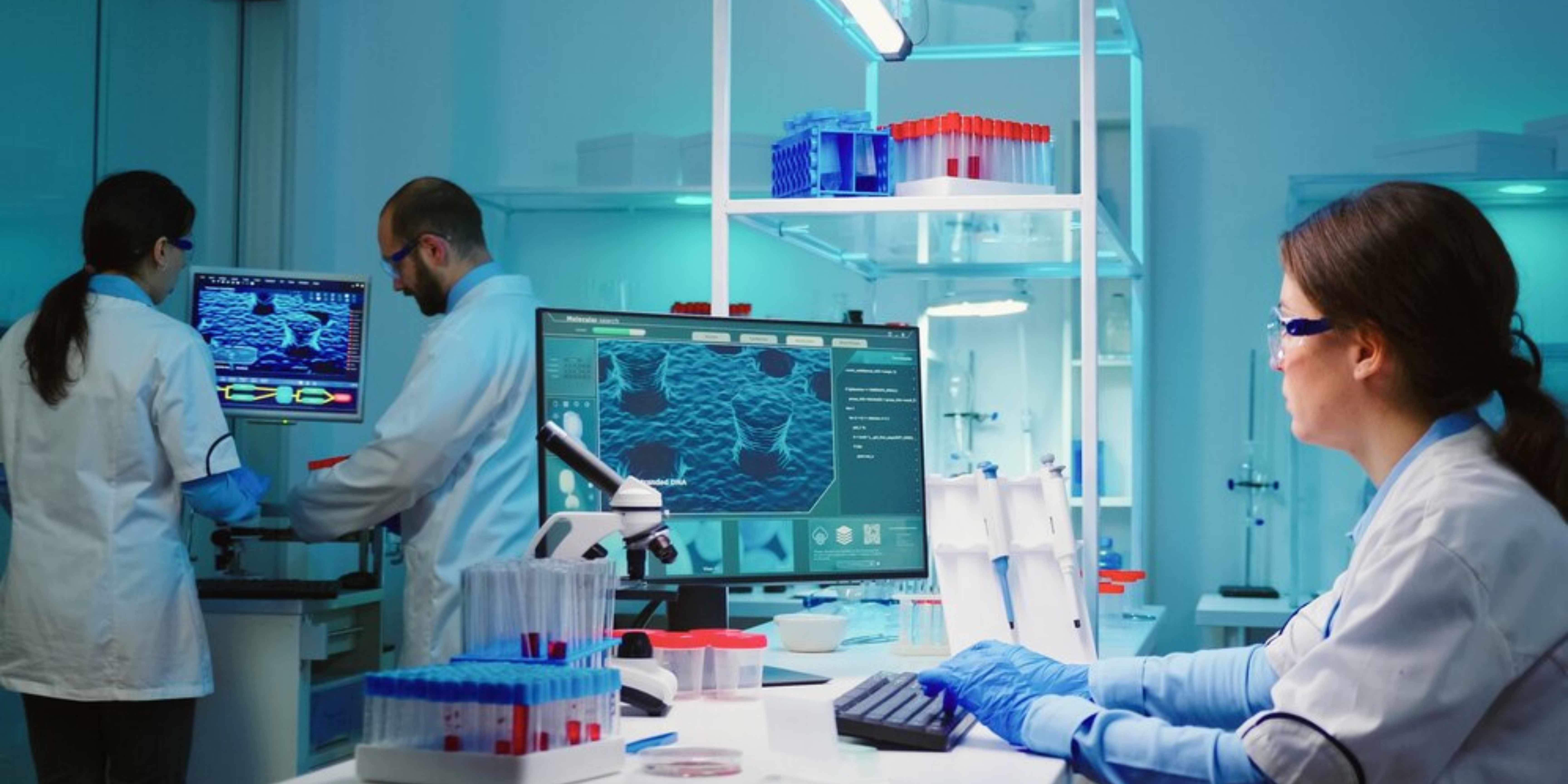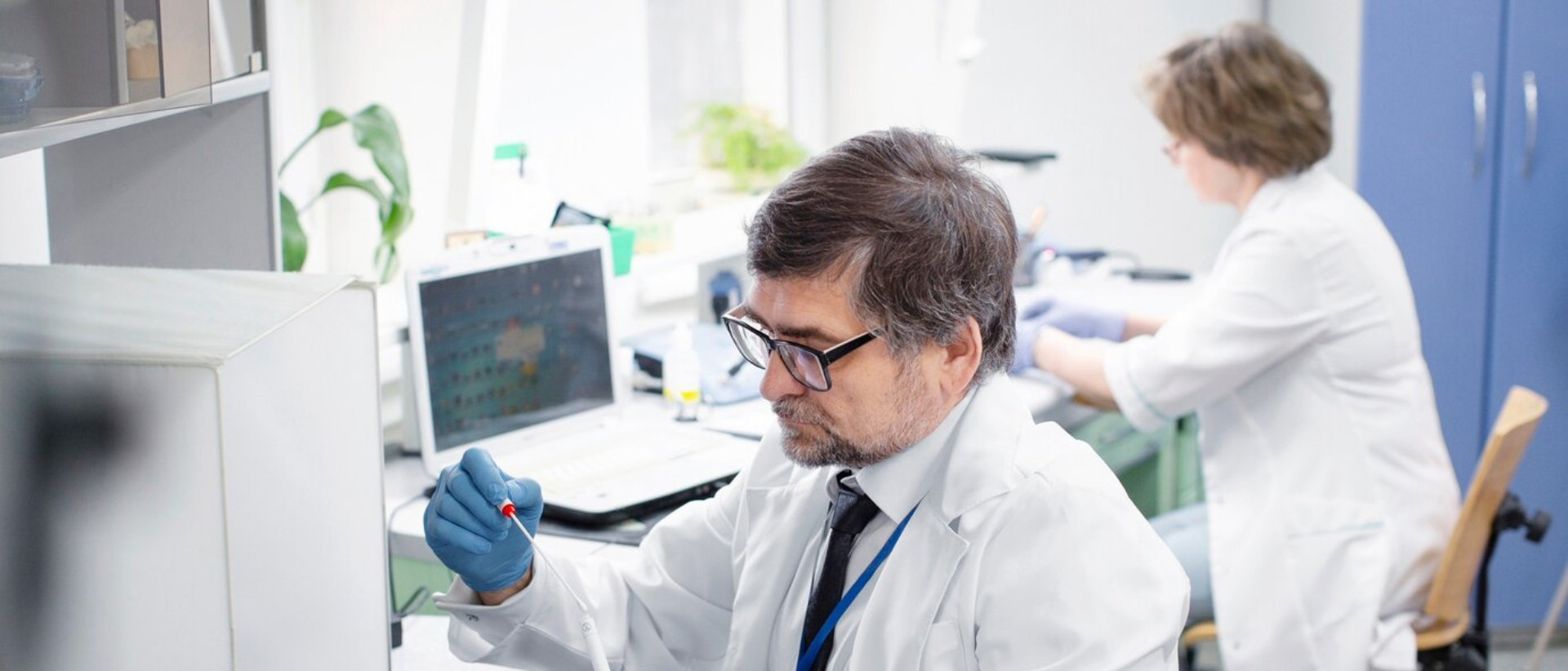Medical record and health information management (MRHIM) plays a crucial role in the healthcare sector, ensuring the accuracy, security, and accessibility of patient medical records. Professionals in
this field are responsible for organizing, maintaining, and safeguarding health information, facilitating efficient healthcare delivery and decision-making processes. By managing electronic health records (EHRs) and utilizing advanced information systems, MRHIM specialists enable healthcare providers to access comprehensive patient data, streamline administrative processes, and adhere to regulatory standards. Their attention to detail and adherence to privacy regulations contribute to the integrity and confidentiality of medical information, ultimately improving patient
care outcomes and enhancing overall healthcare quality.
The Diploma in Medical Record and Health Information Management program provides comprehensive training for students aspiring to become proficient MRHIM professionals. Through a hands-on learning approach, students gain practical experience in managing electronic health records, coding medical diagnoses and procedures, and implementing health information systems.
Emphasizing real-world scenarios and industry-relevant skills, graduates are equipped to effectively navigate the complexities of healthcare information management upon entering the workforce.
With a focus on learning by doing, the program ensures that students develop the necessary competencies in data management, privacy compliance, and information technology integration to excel in diverse healthcare settings. Prepared for careers in hospitals, clinics, insurance companies, and government agencies, graduates of the program are well-positioned to contribute to the efficient operation of healthcare systems and the delivery of high-quality patient care.
3/3.5d Years
Note: * Duration for Paramedical programs (MLT/RIT/OTT/DT/EMT/OPTOMETRY) may extend by 3 months to 1 Year (Approx) to include Internship/On Job Training for the awarding of Degree/Diploma as per the guidelines (if any) from State Allied and Healthcare Council, Sikkim.
10+2 (Science/Any Stream)
INDUSTRY LED LEARNING
For an accelerating professional career in the 21st Century along with Core Skills, the learner should evolve through Self-directed Learning.


Industry/ Skill Certifications
Validate expertise and proficiency, enhancing employability and credibility in competitive job markets while signaling commitment to continuous learning and professional development.


On Job learning Experience
Gain valuable on-the-job training while still studying, solving real-world problems and finding practical solutions.


World Skill Challenge
Showcase the pinnacle of vocational excellence, fostering global collaboration and innovation to advance technical skills and craftsmanship across diverse industries.


Engaging with Industry Experts
Engaging with industry experts provides invaluable insights and real-world perspectives, enriching the learning experience and preparing students for professional success.
For an accelerating professional career in 21st Century along with Core Skills, the learner should evolve through Self-directed Learning, Self-awareness, Multidisciplinary Problem Solving, Practice of Professional Grade, Digital Comfort, Current Social and Global Dynamics, Employability and Life Skills. MSU offers an opportunity to customise the higher education with range of specialisation/electives.
Foundation Core
A range of compulsory basics of multidisciplinary, professional, general nature customised to match the value and vision of MSU for a robust foundation.
Skill Drill (Elective)
A range of compulsory basics of multidisciplinary, professional, general nature customised to match the value and vision of MSU for a robust foundation.
Major (Elective)
A range of compulsory basics of multidisciplinary, professional, general nature customised to match the value and vision of MSU for a robust foundation.
Minor (Elective)
A range of compulsory basics of multidisciplinary, professional, general nature customised to match the value and vision of MSU for a robust foundation.
Industry Practice
A range of compulsory basics of multidisciplinary, professional, general nature customised to match the value and vision of MSU for a robust foundation.
Capstone Project
A range of compulsory basics of multidisciplinary, professional, general nature customised to match the value and vision of MSU for a robust foundation.
PROGRAMME OUTCOMES
PSO 1:
Graduates will demonstrate a comprehensive understanding of medical record and health
information management within a multidisciplinary context, including the various learning
areas and their linkages with related fields of study. They will stay abreast of current and
emerging developments associated with healthcare information systems and regulatory
standards.
PSO 2:
Graduates will acquire practical, professional, and procedural knowledge required for
proficiently carrying out tasks related to medical record and health information management.
This includes the expertise necessary for professional work in healthcare settings, as well as
the knowledge required for potential self-employment initiatives or entrepreneurial ventures
within the field.
PSO 3:
Through hands-on training, students will develop specialized skills in areas relevant to
medical records and health information management. These skills encompass a wide range of practical competencies, including:
1. Managing electronic health records
2. Coding medical diagnoses and procedures
3. Implementing health information systems
4. Ensuring compliance with privacy regulations.
PSO 4:
Graduates will demonstrate the ability to extrapolate from their learning experiences, translate concepts into real-life scenarios, and apply acquired competencies in new or
unfamiliar contexts. They will generate solutions to specific problems encountered in healthcare information management, rather than merely replicating curriculum content knowledge.
PSO 1:
Demonstrate the capability for complex problem-solving
PSO 2:
Demonstrate the capability for critical thinking
PSO 3:
Demonstrate the ability for creativity
PSO 4:
Demonstrate the skills that enable them to communicate effectively
PSO 5:
Demonstrate the capability for analytical reasoning/thinking
PSO 6:
Demonstrate the ability to coordinate and collaborating with others
PSO 7:
Demonstrate the capability for leadership readiness
PSO 8:
Demonstrate ‘learning how to learn" skills
PSO 9:
Demonstrate the capability for digital and technological skills
PSO 10:
Demonstrate multicultural competence and an inclusive spirit
PSO 11:
Demonstrate the acquisition of knowledge and attitude that are required for value inculcation
PSO 12:
Demonstrate the ability for autonomy, responsibility, and accountability
PSO 13:
Demonstrate the acquisition of and ability to apply the knowledge, skills, attitudes, and values required to take appropriate actions for environmental awareness and action
PSO 14:
Demonstrate the capability to participate in community-engaged services/ activities for promoting the well-being of society.
PSO 15:
Demonstrate the ability to identify with or understand the perspective, experiences, or points of view of another individual or group, and to identify and understand other people’s emotions








